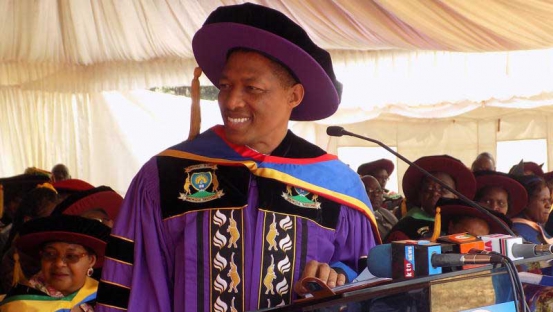
On Monday, the electoral commission chairman declared Uhuru Kenyatta winner of the repeat presidential election. It was no breaking news. Uhuru had practically run alone after the controversial withdrawal of NASA candidate Raila Odinga. While other candidates participated in what some labelled as a coronation procession, they were also-rans.
The withdrawal of Mr Odinga and subsequent declaration of Mr Kenyatta as the winner in an election completed without the participation of about half the country poses serious challenges to the social fabric of the Kenyan state. The annulment of the elections on September 1 by the Supreme Court was highlighted internationally as a milestone for African democracy. It was a clear statement on the limits of political power and the executive in a functional democracy. The ramifications of that decision is already sending much needed ripples in similar courts in the region.